Preventive Healthcare
Karyotype Test - Purpose, Procedure and Results
12667 Views
0
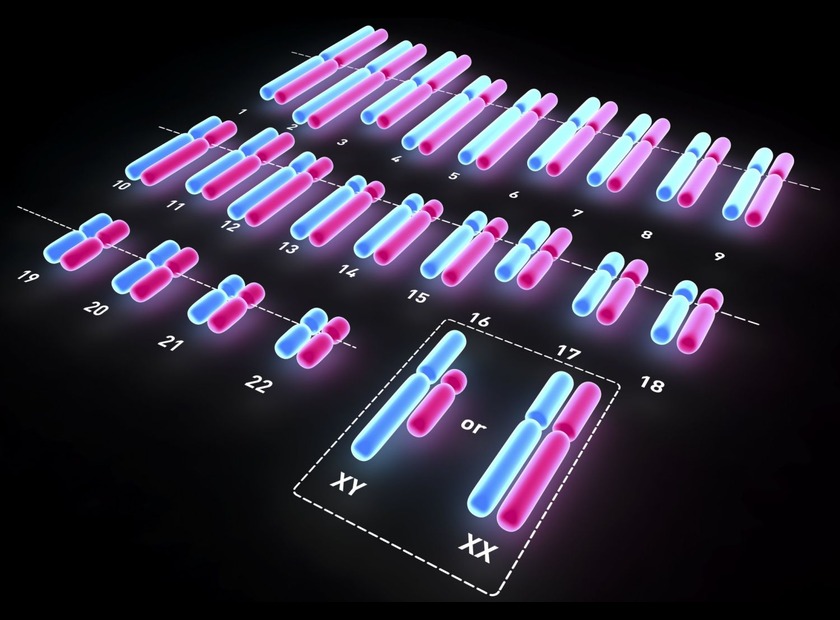
What Is a Karyotype Test?
Karyotype tests examine the size, shape, and number of chromosomes for signs of abnormalities. Also known as genetic or chromosome testing, these tests are particularly helpful in detecting genetic disorders in unborn babies.
What Are Chromosomes? How Do You Know If They Are Defective?
In simple terms, chromosomes are thread-like structures made of DNA that are the carriers of genetic information in a living being. Human beings have 46 chromosomes divided into 23 pairs, each containing one chromosome received from the mother and the other from the father. Sometimes, a person may have less or more than 46 chromosomes, or all 46 but with abnormal size, shape, or sequence. Such unusual chromosomes are indicative of potential genetic disorders.
Karyotyping is one easy way to detect a wide range of genetic disorders. It involves collecting and analysing your blood or fluid samples to identify chromosomal abnormalities.
Birth Defects That Can Be Detected by a Karyotype Test
Karyotyping test results can help identify several chromosomal defects in unborn babies, such as:
| Trisomy | This refers to the presence of an extra chromosome in any pair. For instance, trisomy of chromosome 21 causes Down syndrome (delayed development and intellectual disabilities). |
| Monosomy | It occurs when either of the chromosomes is missing in a pair. Example: Turner syndrome (a disorder that affects the development of feminine characteristics) occurs when a female has a single X chromosome instead of XX. |
| Deletions | These refer to missing pieces of chromosomes or other genetic material. |
| Duplications | These refer to extra genetic material present on any chromosome. |
| Translocations | These occur when pieces of chromosomes break off and reattach themselves to other chromosomes either completely (balanced translocation) or in parts (unbalanced translocation). |
| Genetic Rearrangement | In this case, genetic materials are present but not on the chromosome where they are supposed to be. |
All the aforementioned chromosomal abnormalities can cause a wide range of developmental issues and affect the growth and health of the baby. Some deletions, duplications, or genetic rearrangements may have life-threatening implications, while others do not cause physical symptoms. Similarly, balanced translocations may cause no trouble to the person with the chromosomes but can result in genetic defects in their offspring.
Who Else Needs a Karyotype Test?
Besides detecting abnormalities in unborn babies, the karyotype test can also help adults who:
• Have blood disorders like:
- Anaemia- a condition where one lacks an adequate number of healthy red blood cells to carry oxygen to the body’s tissues
- Lymphoma- cancer of the lymphatic system ( including lymph nodes/ glands, spleen, thymus, and bone marrow)
- Leukaemia- cancer of blood-forming tissues, including bone marrow
- Multiple myeloma- cancer of plasma cells
• Have certain cancers that cause chromosomal changes
• Have a family history of genetic disorders
• Are soon-to-be mothers over 35 years of age- their unborn babies are at higher risk of genetic disorders
• Are facing difficulty in getting pregnant or getting their partner pregnant (male infertility is also caused by a genetic disorder)
What to Expect During a Karyotype Blood Test?
The blood sample collection takes only a few minutes. You may either visit one of our test centres nearest to your location for a Karyotype blood test or book a home visit today.
Here’s what will happen during the karyotype blood test:
• Our professional lab technician will draw blood from a vein in your arm using a thin needle
• The sample will be collected in a tube and sent to our lab for chromosomal analysis
• The needle will be removed, and a small bandage will be placed on the site
It’s normal to experience mild discomfort during the procedure, which will pass away soon.
How Can I Prepare for a Karyotype Test?
There isn’t much you need to do before a karyotyping test. However, if you have had recent blood transfusions, it’s best to consult with your OB/GYN before getting a karyotype test. Depending on your unique situation, your doctor may even ask you to fast for an hour or so before the test.
So, ask any questions you may have regarding food to avoid or medications that can be taken after the test to stay prepared in advance.
Risks Related to The Karyotype Test
There are no significant risks related to the Karyotype blood test. However, you may experience slight bruising, light bleeding at the site where the needle is inserted into the vein, or some soreness inside the arm.
The chances of karyotype test miscarriages are relatively higher when:
The procedure involves chorionic villus sampling (CVS) or
You choose to have an amniocentesis
So, the question remains
,
What Makes CVS and Amniocentesis Riskier Than Blood Tests for karyotyping?
Both procedures require you to go through a pregnancy ultrasound with the help of either
¬ A needle will be guided through the amniotic sac to collect a sample of amniotic fluid (amniocentesis)
¬ A needle will be guided through your cervix (transcervical CVS) or belly (transabdominal CVS) to collect cells from the placenta
As a result, you may experience the following after CVS or amniocentesis karyotyping:
- Bleeding
- Cramping
- Infection in the uterus
- 1 in 100 women will miscarry as a result of CVS, while 1 in 200 will miscarry as a result of amniocentesis.
- Transmission of viruses from mother to child via blood
Can I Take a Karyotype Test at Home?
You can book a home visit for the collection of blood and fluid samples. However, the samples will have to be examined by a healthcare professional for an accurate diagnosis of potential chromosomal abnormalities.
So, the answer is no; you can't complete a karyotype test at home.
How Much Does a Karyotype Test Cost?
At Metropolis, we offer Karyotyping tests for a reasonable price of ₹ 4,200. Test results are delivered within 24 hours! With more than 115 advanced NABL and CAP-accredited labs, we provide accurate and quality test reports trusted by leading doctors and hospitals.









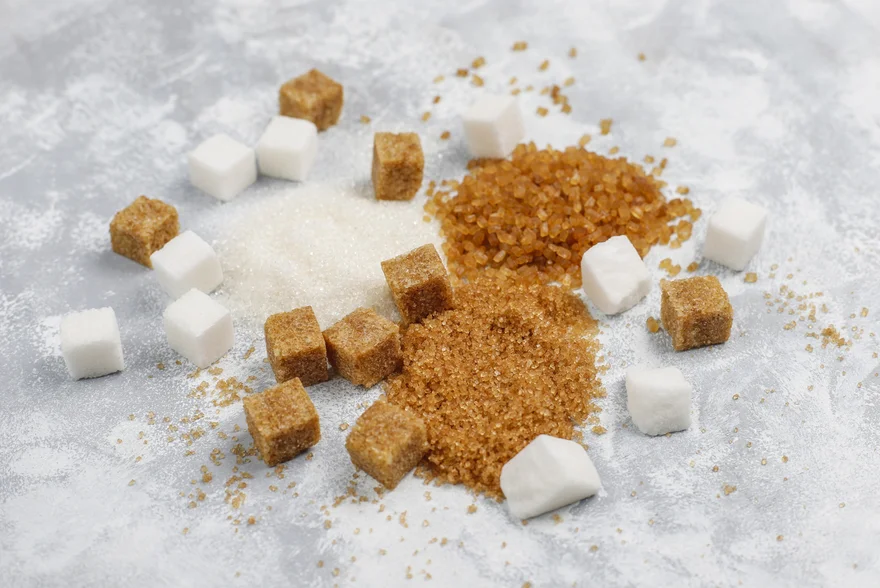
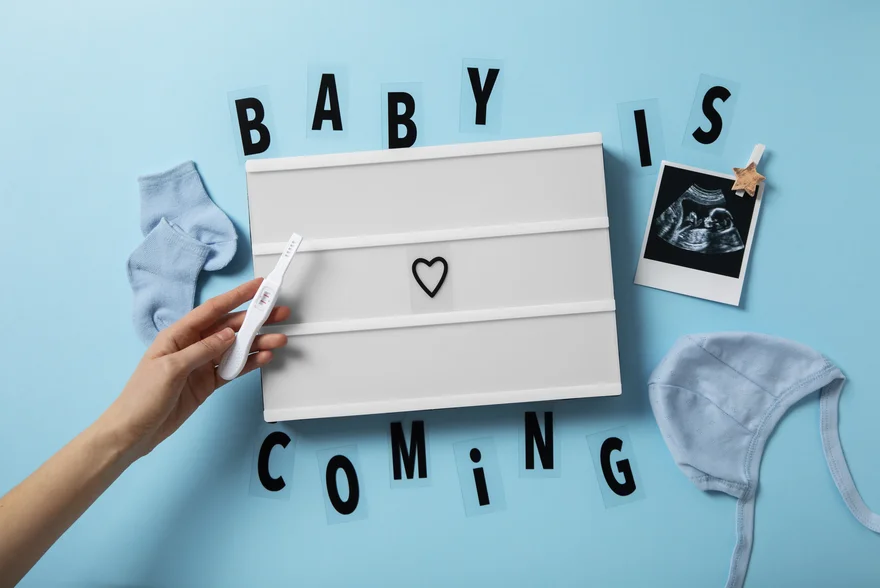
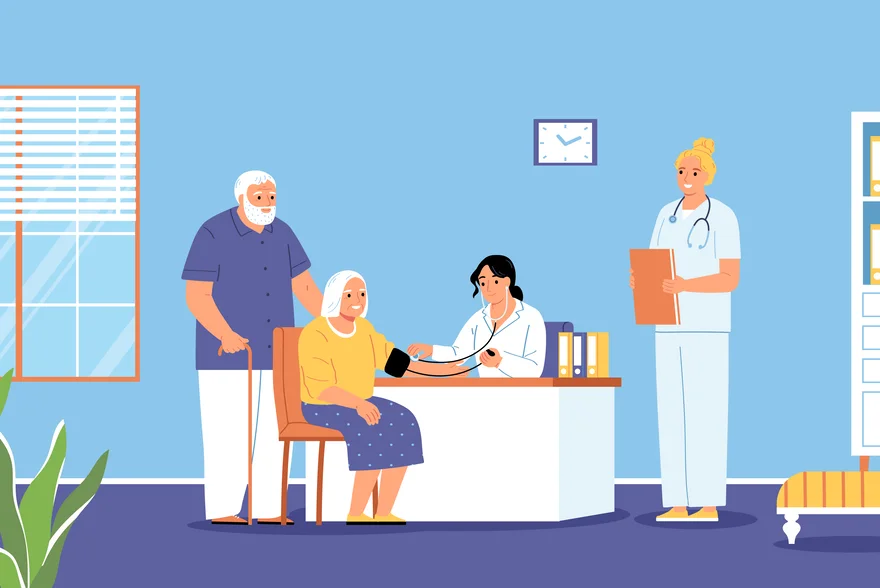
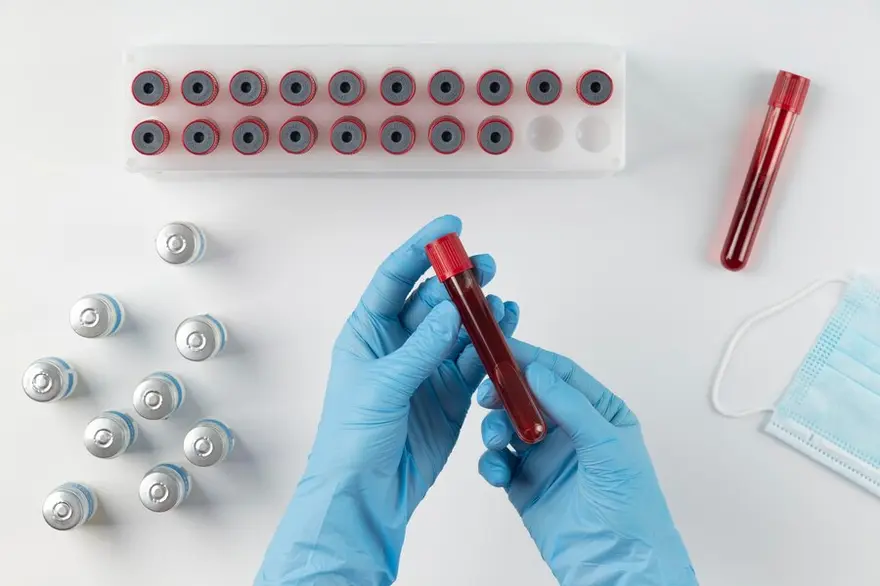










 WhatsApp
WhatsApp